Protein is an important nutrient for life, one of the three nutrients that provide the body's main source of energy. Protein is made up of amino acids.

Foods rich in protein (Photo: Freepik).
Protein plays an important role in the formation of body structure, necessary for the development, maintenance and repair of tissue cells; participates in the transport of nutrients; regulates water metabolism and acid-base balance of the body; synthesizes antibodies to help the immune system function effectively.
This is an important component that creates hormones and enzymes that help regulate activities and provide energy for the body: 1 gram of protein provides 4kcal.
The current imbalance of plant and animal protein sources in eating habits
The 2019-2020 National Nutrition Survey by the Ministry of Health and the National Institute of Nutrition showed that the average meat consumption was 136.4g/person/day (2020), nearly double the 10-year average of 84g/person/day (2010). According to experts, the proportion of vegetable protein consumed by Vietnamese people is only about 28% of the recommended amount, and about 59% of adults do not eat enough vegetables and fruits (less than 400g/day) compared to the recommendation.
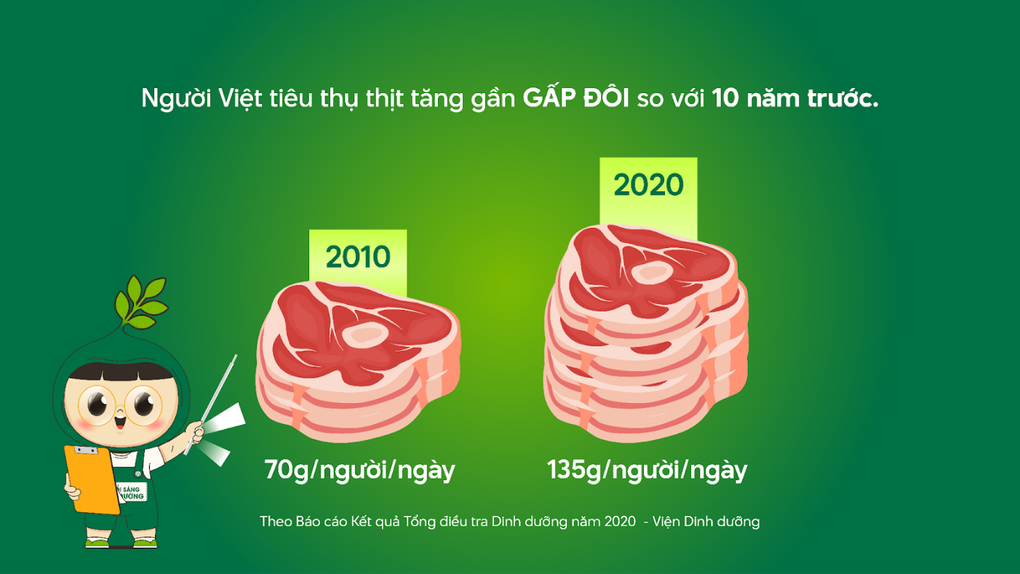
Many Vietnamese people's meat consumption has nearly doubled compared to 10 years ago, leading to an imbalance in the consumption of animal and vegetable protein sources (Photo: Nutrilite).
Explaining the state of nutritional imbalance, the cause may come from not understanding the source of protein supply correctly. When talking about protein, many people immediately think of meat, fish, eggs, milk - sources of protein from animals, forgetting that protein is also found in beans, peas, nuts and products from soybeans and rice.
Animal protein provides 9 essential amino acids, is beneficial for health, is a source of iron with high biological value and provides many nutrients such as vitamin B12, D, DHA, zinc. However, many studies have shown that eating too much animal protein can increase urea, uric acid, bad cholesterol, leading to the risk of fatty liver, obesity, gout, atherosclerosis and other metabolic diseases, can cause increased risk of cancer, increased risk of cardiovascular disease...
Eat enough, balance animal and plant protein sources
According to the Recommended Nutritional Needs for Vietnamese People (2016) of the Ministry of Health and the National Institute of Nutrition, the minimum amount of protein required is 1.13g/kg/day. Protein energy provided ranges from 13-20% of total dietary energy, of which animal protein energy accounts for 30-35% of the total. This ratio ensures a balanced diet with the necessary protein.
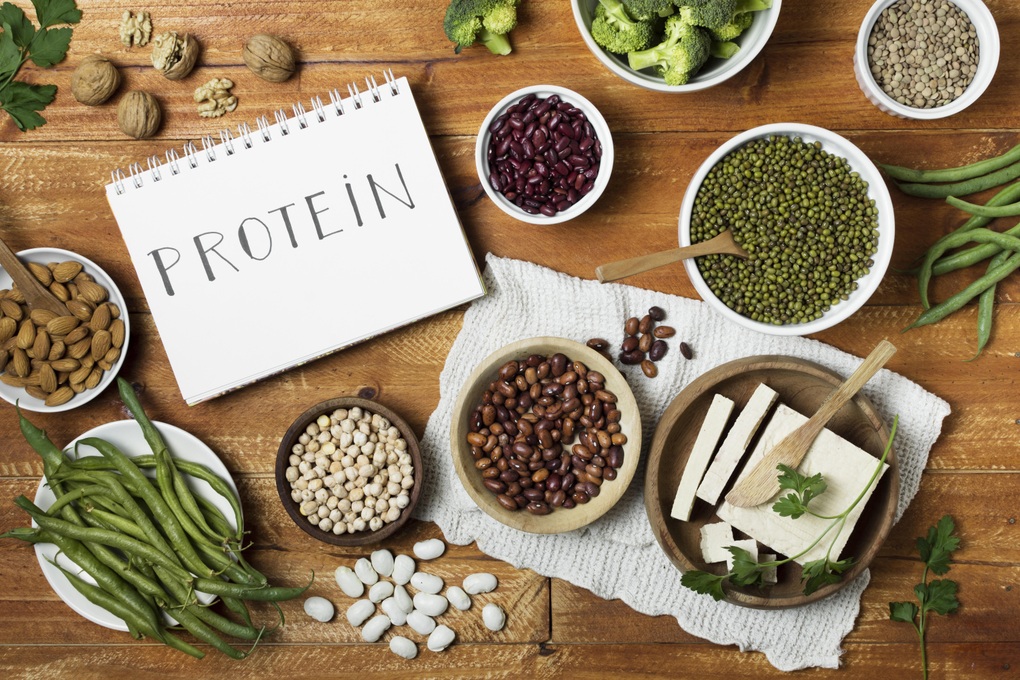
Some sources of protein from plants (Photo: Freepik).
Plant protein is low in fat and cholesterol, helping to reduce blood cholesterol levels, thus effective in preventing cardiovascular diseases. In addition, plant protein sources also help build muscle mass, maintain muscle mass and prevent muscle loss.
Consuming plant-based protein sources also creates a feeling of fullness for a long time, reduces cravings, helps consume more energy to digest and absorb protein compared to carbohydrates and fats, thereby supporting weight control. To effectively supplement plant-based protein sources, with enough 9 essential amino acids, you should combine many types of plant-based protein sources in your diet, especially soybeans with a high protein content equivalent to animal protein sources.

The protein content in soybeans is as high as the protein content from animal sources (Photo: Freepik).
Prioritize adding plant protein sources for long-term health benefits
From the health benefits mentioned above and the ideal ratio recommendations of the Ministry of Health and the National Institute of Nutrition, each person should prioritize vegetable protein sources in their daily diet for long-term health benefits, towards healthy aging. Especially in the context of the green living trend, vegetarianism is becoming more and more popular because of the obvious benefits to the body such as: easier to digest thanks to fiber, helping the body feel lighter, limiting the risk of increased cholesterol...
To maintain sustainable health, each person needs to ensure a balanced diet, in which, it is necessary to pay attention to supplementing vegetable protein sources. When supplementing vegetable protein sources from soybeans, each person needs to pay attention to choosing non-GMO soybeans and prioritize using organic soybeans.

Prioritize plant protein sources in your daily diet. With soybeans, you should choose non-GMO soybeans for health benefits (Photo: Freepik).

Add vegetable protein every morning, live a healthy and active life every day (Photo: Nutrilite).
Adding a source of plant protein every morning, living a healthy and proactive life every day - is how you can gradually adjust your breakfast to be more balanced, creating a feeling of fullness for a long time, improving mental health, controlling energy intake, increasing muscle mass and strength, providing enough nutrients, light on the stomach and friendly to long-term health.
Nutrilite All Plant Protein Powder helps supplement plant protein and some amino acids, helps provide energy, and is good for muscle and heart health.
Nutrilite All Plant Protein Powder has advertising content certification number: 87/2024/XNQC-ATTP. This food is not a medicine and does not have the effect of replacing medicine. Read the instructions carefully before use.
Learn more about Nutrilite APP Plant Protein Powder at https://www.amway.com.vn/vn/p/110415 and the Nutrition Breakfast program at https://amwaynow.com.vn/vi/section/buoi-sang-dinh-duong/trang-chu
Source: https://dantri.com.vn/suc-khoe/nguon-dam-tot-cho-suc-khoe-20251012215307613.htm




![[Photo] Solemn opening of the 1st Government Party Congress](https://vphoto.vietnam.vn/thumb/1200x675/vietnam/resource/IMAGE/2025/10/13/1760337945186_ndo_br_img-0787-jpg.webp)







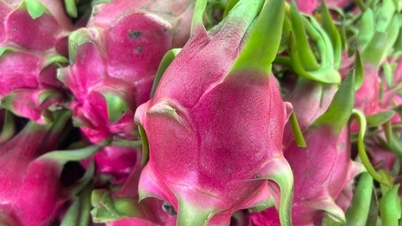




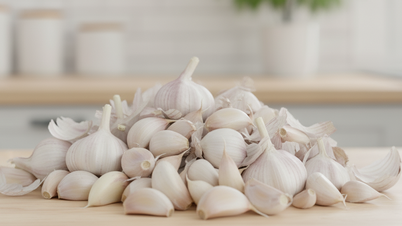
















![[Photo] General Secretary To Lam attends the opening of the 1st Government Party Congress](https://vphoto.vietnam.vn/thumb/1200x675/vietnam/resource/IMAGE/2025/10/13/1760321055249_ndo_br_cover-9284-jpg.webp)





























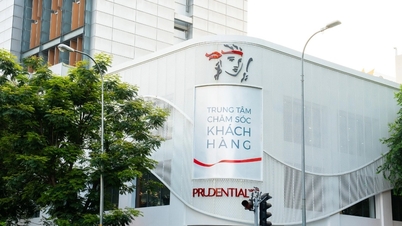















































Comment (0)